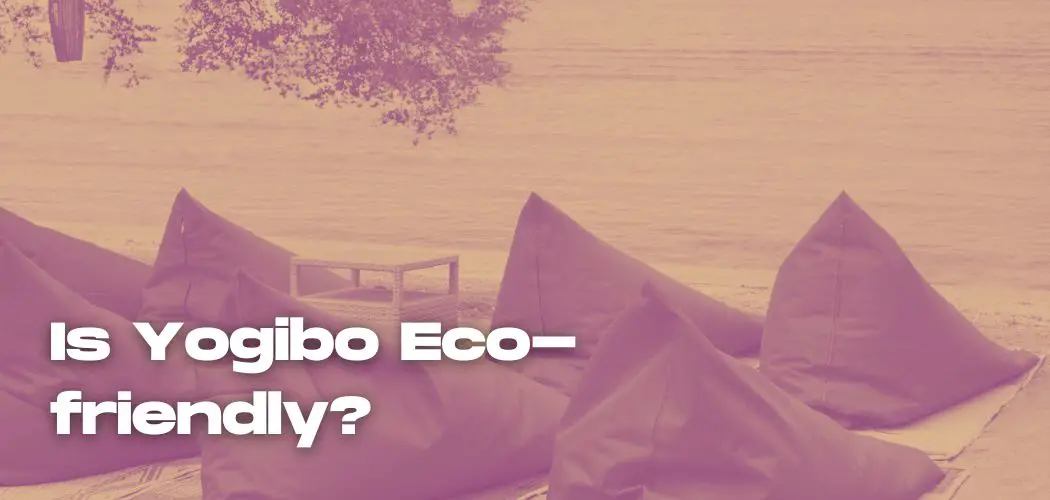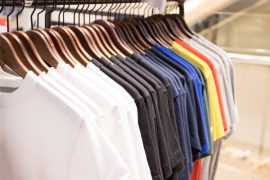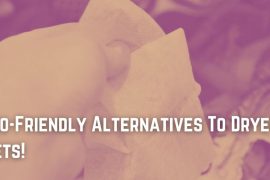When we talk about comfort, the feeling of slouching off and sinking deep into a bean bag chair is unmatchable. Bean bag chairs have become a part of today’s hip culture. They have come to be a symbol of carefree and unconcerned behavior.
One of the leading and modernistic manufacturers of bean bags that have revolutionized the industry of these lazy thrones is Yogibo. The quality and comfort that this corporation offers are superior.
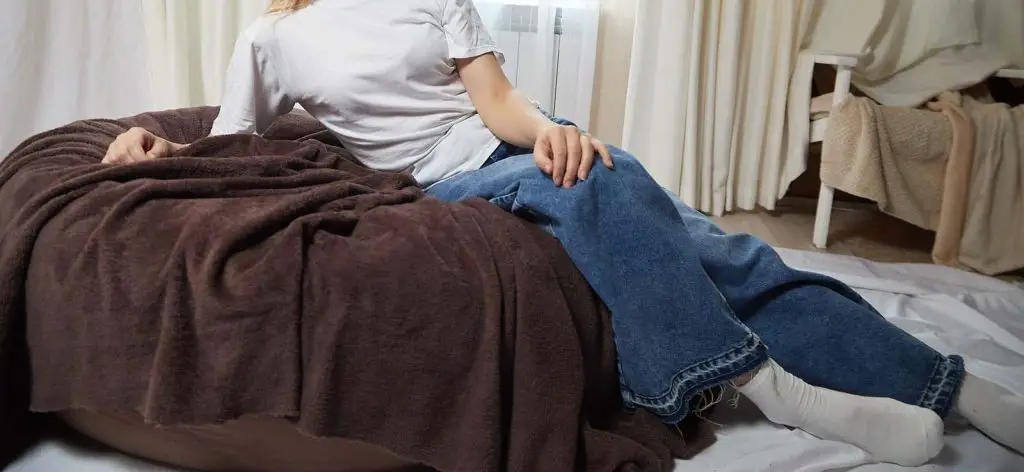
Yogibo makes bag furniture of all kinds for pets and humans alike. Their products range from blankets, plushies, beanie chairs to bedding, ottomans, and even rugs.
The question that now begs our attention should be about the filling material required to make these eccentric chairs. With the world now ambitious to save our dying planet, using eco-friendly materials is vital.
Is Yogibo eco-friendly? The short answer is, yes it is! Why do we say so? Let’s find out!
Where is Yogibo made?
Yogibo’s sensational empire found roots in Nashua, New Hampshire. It came into being in 2009. Since then, their ingenuity has spread across the globe, and they have been able to establish mini-towers in the United States, Canada, Korea, Japan, and many more places.
Is Yogibo Environmentally-friendly?
All Yogibo bean bags are made of EPS (Expanded Polyester) beads. Yogibo does not compromise quality, so it uses the best too.
For the bean bag industry, this material is a prized possession. It offers durability, motility, and versatility.
This filling makes the product extremely lightweight, easy to move around, resistant to high force, and even facilitates insulation to keep your bottom warm.
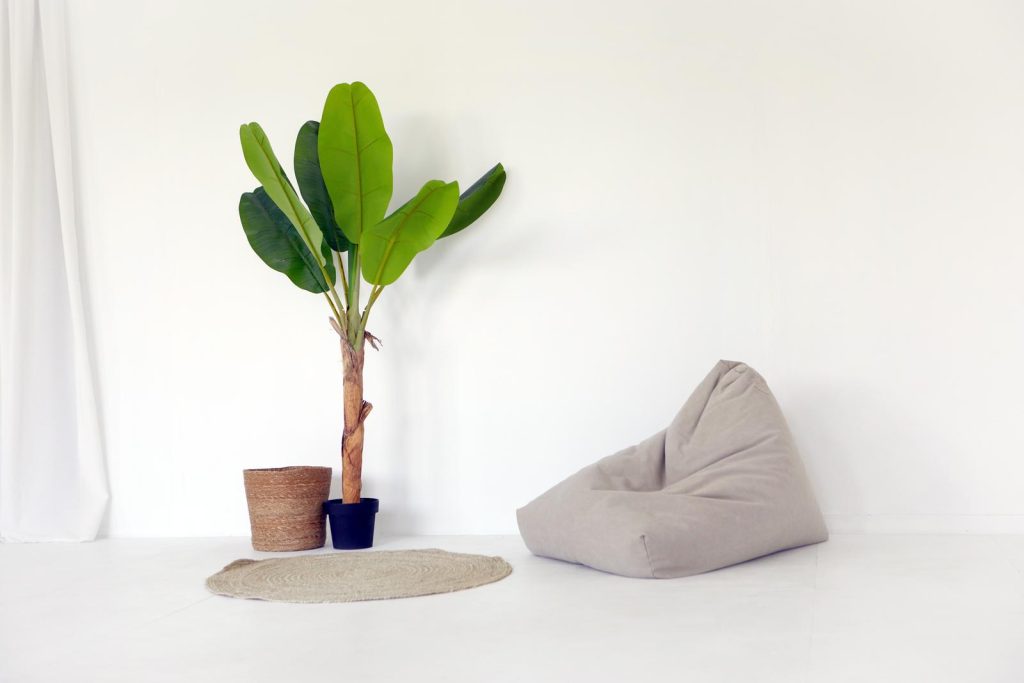
Although outside this industry, it is mainly used in construction for thermal insulation or packaging food as it is exceptionally hygienic.
In order to understand if Yogibo contributes anything towards the environmental degradation, we need to see whether the the ESP used in Yogibo bean chairs is environmentally friendly or not.
Most materials used by other brands in their bean bags produce air pollutants called CFCs (Chlorofluorocarbons). These reactive molecules race to our ozone layer and bully it into disintegrating.
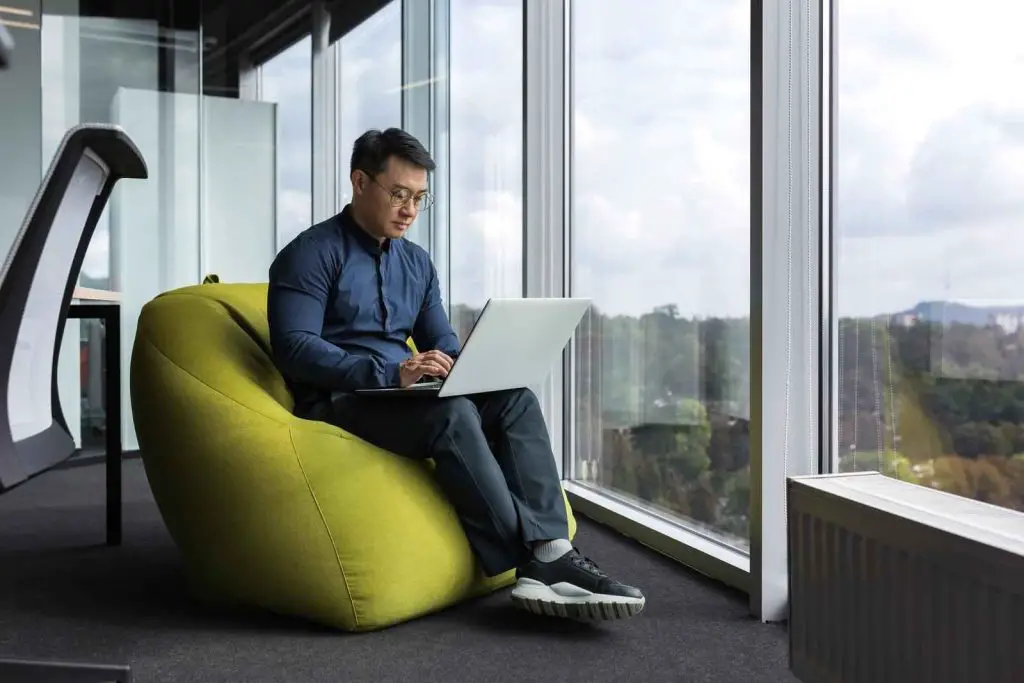
EPS used by Yogibo are free of CFCs. Air-borne particles do not generate during any stage of development of EPS or after its manufacture.
The material is composed mainly of air except for a little bit (1-2%) of crude oil. If this was not enough, any bulk solid waste that is generated in the process of making EPS is recycled by Yogibo.
However, because EPS is non-biodegradable, it takes a long time to biodegrade into its constituting components. It does not react to water-based solvents and is highly resistant to chemicals also.
